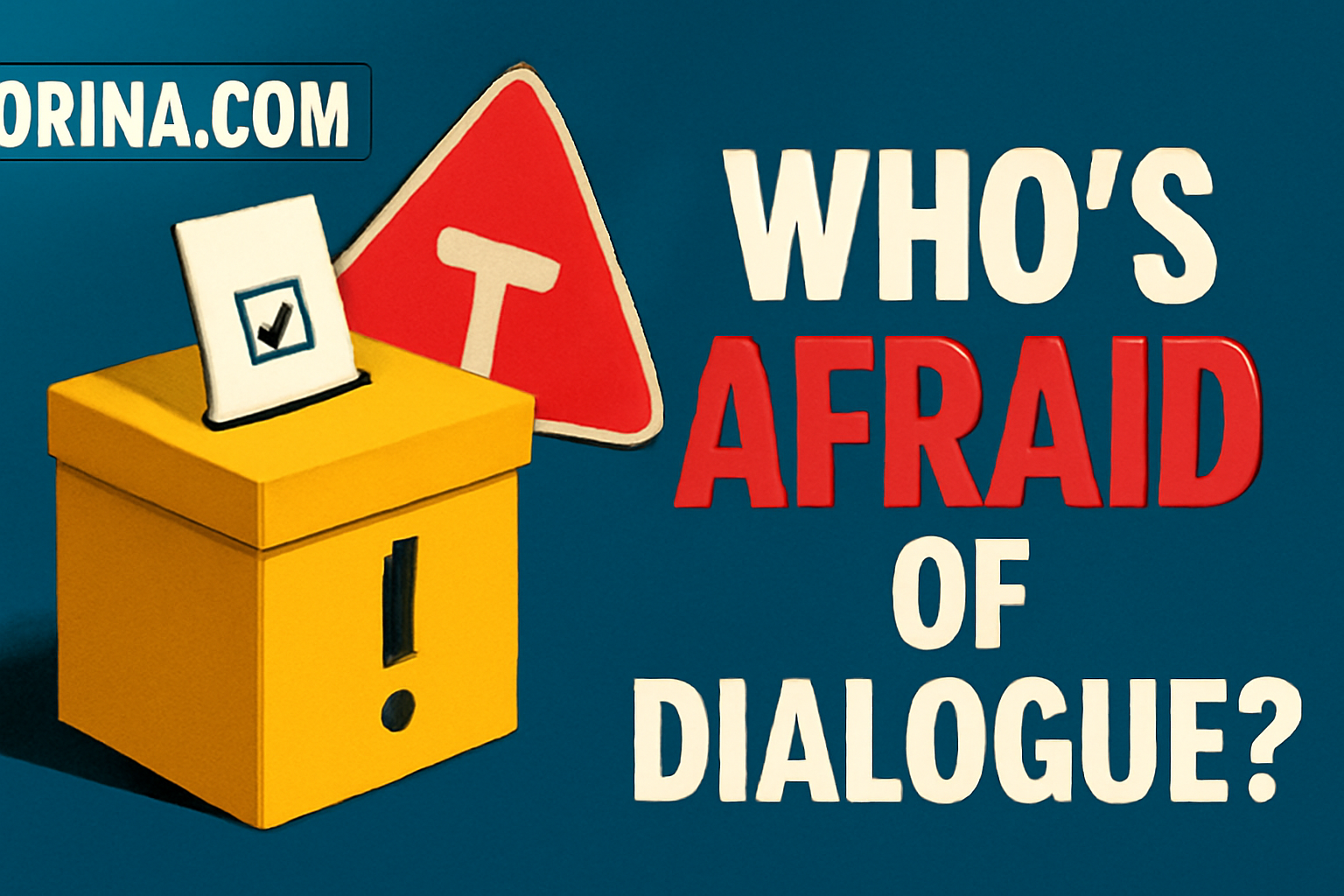Opposition and Students at a Dead End: Who’s Afraid of Dialogue on Election Conditions?
In Serbia, the game continues with no winners, starring the opposition and students. Miroslav Aleksić, leader of the People’s Movement of Serbia (NPS), tried to bring together opposition forces and civil society representatives for a roundtable on election conditions. But what happened? The Democratic Party (DS) and the Kreni-Promeni movement refused to participate, and most student plenums didn’t even respond to the invitation.
Roundtable Without Students and Key Opposition Figures
The meeting at the NPS headquarters saw representatives from most parliamentary opposition parties and civil society organizations like CRTA, CESID, PROGLAS, and BIRODI. However, DS and Kreni-Promeni, along with students from the “Students Blockade” movement, chose not to participate. Aleksić emphasized that the invitation was extended to all, but most student plenums did not respond, casting doubt on the seriousness of the talks.
Who’s Afraid of Dialogue?
The refusal of key opposition players and students to engage in dialogue about election conditions looks like everyone is pretending the problem doesn’t exist or they don’t care about change. Aleksić stressed that this is not about coalition agreements but about discussing election conditions, which is vital for democracy. Still, without student participation and some opposition parties, the question remains how meaningful this dialogue can be.
What Do Students and Opposition Say?
Students mostly stayed silent or declined invitations, while DS and Kreni-Promeni clearly stated they would not participate. Reasons were not clearly explained, but a deep divide and mistrust between actors can be sensed. This stance only deepens the crisis and distances the possibility of joint pressure on the government.
Why Does This Matter?
Election conditions in Serbia have long been a controversial and contentious issue. Without open and inclusive dialogue, it’s hard to expect changes that would lead to free and fair elections. The refusal to engage in dialogue by key actors sends a message that interests trump principles and that politics is still conducted behind closed doors.
Conclusion
While the government holds the strings, the opposition and students ignore each other and refuse cooperation. Serbia stands at a crossroads, and the question is whether anyone will have the courage to bridge the gap and initiate real change. If not, we’re left watching democratic processes crumble and citizens lose faith in politics.
So, what do you think? Who’s crazy here, and who’s smart? Is dialogue dead or just sleeping? Drop a comment and let’s see who’s who in this political soap opera!







